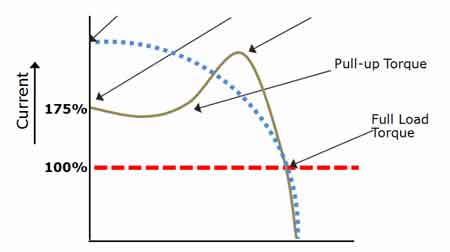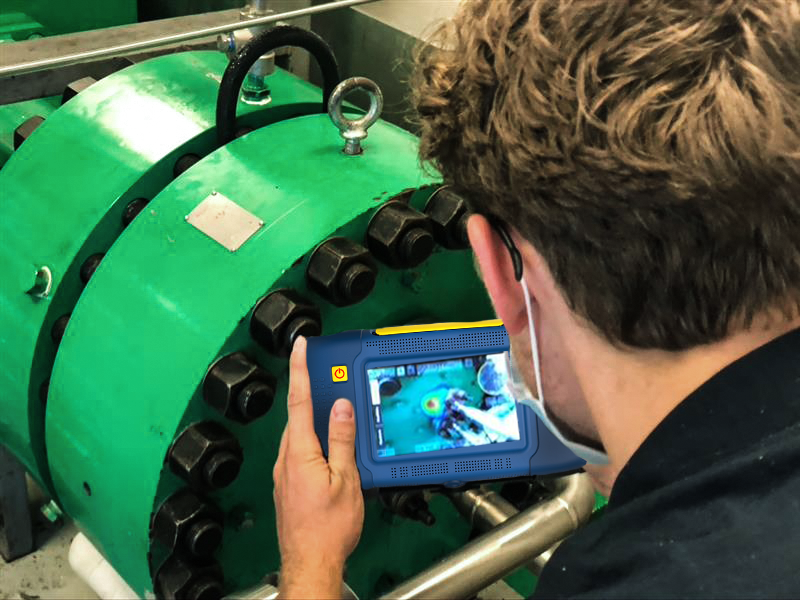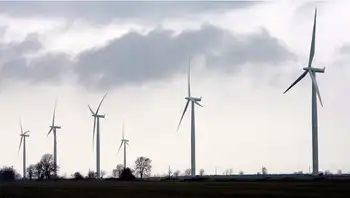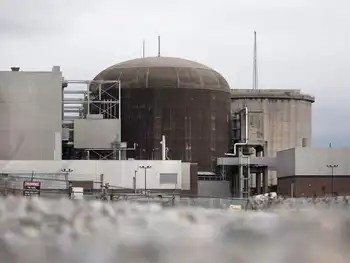TCA Electric Leads Hydrogen Crane Project at Vancouver Port
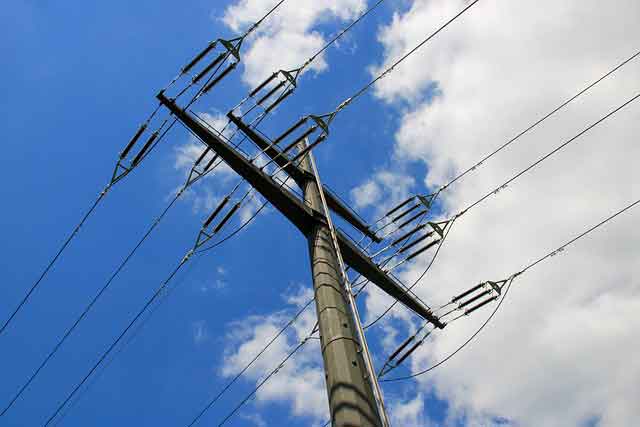
Protective Relay Training - Basic
Our customized live online or in‑person group training can be delivered to your staff at your location.

- Live Online
- 12 hours Instructor-led
- Group Training Available
Hydrogen Fuel Cell Crane Port of Vancouver showcases zero-emission RTG technology by DP World, TCA Electric, and partners, using hydrogen-electric fuel cells, battery energy storage, and regenerative capture to decarbonize container handling operations.
Key Points
A retrofitted RTG crane powered by hydrogen fuel cells, batteries, and regeneration to cut diesel use and CO2 emissions.
✅ Dual fuel cell system charges high-voltage battery
✅ Regenerative capture reduces energy demand and cost
✅ Pilot targets zero-emission RTG fleets by 2040
In a groundbreaking move toward sustainable logistics, TCA Electric, a Chilliwack-based industrial electrical contractor, is at the forefront of a pioneering hydrogen fuel cell crane project at the Port of Vancouver. This initiative, led by DP World in collaboration with TCA Electric and other partners, marks a significant step in decarbonizing port operations and showcases the potential of hydrogen technology in heavy-duty industrial applications.
A Vision for Zero-Emission Ports
The Port of Vancouver, Canada's largest port, has long been a hub for international trade. However, its operations have also contributed to substantial greenhouse gas emissions, even as DP World advances an all-electric berth in the U.K., primarily from diesel-powered Rubber-Tired Gantry (RTG) cranes. These cranes are essential for container handling but are significant sources of CO₂ emissions. At DP World’s Vancouver terminal, 19 RTG cranes account for 50% of diesel consumption and generate over 4,200 tonnes of CO₂ annually.
To address this, the Vancouver Fraser Port Authority and the Province of British Columbia have committed to transforming the port into a zero-emission facility by 2050, supported by provincial hydrogen investments that accelerate clean energy infrastructure across B.C. This ambitious goal has spurred several innovative projects, including the hydrogen fuel cell crane pilot.
TCA Electric’s Role in the Hydrogen Revolution
TCA Electric's involvement in this project underscores its expertise in industrial electrification and commitment to sustainable energy solutions. The company has been instrumental in designing and implementing the electrical systems that power the hydrogen fuel cell crane. This includes integrating the Hydrogen-Electric Generator (HEG), battery energy storage system, and regenerative energy capture technologies. The crane operates using compressed gaseous hydrogen stored in 15 pressurized tanks, which feed a dual fuel cell system developed by TYCROP Manufacturing and H2 Portable. This system charges a high-voltage battery that powers the crane's electric drive, significantly reducing its carbon footprint.
The collaboration between TCA Electric, TYCROP, H2 Portable, and HTEC represents a convergence of local expertise and innovation. These companies, all based in British Columbia, have leveraged their collective knowledge to develop a world-first solution in the industrial sector, while regional pioneers like Harbour Air's electric aircraft illustrate parallel progress in aviation. TCA Electric's leadership in this project highlights its role as a key enabler of the province's clean energy transition.
Demonstrating Real-World Impact
The pilot project began in October 2023 with the retrofitting of a diesel-powered RTG crane. The first phase included integrating the hydrogen-electric system, followed by a one-year field trial to assess performance metrics such as hydrogen consumption, energy generation, and regenerative energy capture rates. Early results have been promising, with the crane operating efficiently and emitting only steam, compared to the 400 kilograms of CO₂ produced by a comparable diesel unit.
If successful, this project could serve as a model for decarbonizing port operations worldwide, mirroring investments in electric trucks at California ports that target landside emissions. DP World plans to consider converting its fleet of RTG cranes in Vancouver and Prince Rupert to hydrogen power, aligning with its global commitment to achieve carbon neutrality by 2040.
Broader Implications for the Industry
The success of the hydrogen fuel cell crane pilot at the Port of Vancouver has broader implications for the shipping and logistics industry. It demonstrates the feasibility of transitioning from diesel to hydrogen-powered equipment in challenging environments, and aligns with advances in electric ships on the B.C. coast. The project's success could accelerate the adoption of hydrogen technology in other ports and industries, contributing to global efforts to reduce carbon emissions and combat climate change.
Moreover, the collaboration between public and private sectors in this initiative sets a precedent for future partnerships aimed at advancing clean energy solutions. The support from the Province of British Columbia, coupled with the expertise of companies like TCA Electric and utility initiatives such as BC Hydro's vehicle-to-grid pilot underscore the importance of coordinated efforts in achieving sustainability goals.
Looking Ahead
As the field trial progresses, stakeholders are closely monitoring the performance of the hydrogen fuel cell crane. The data collected will inform decisions on scaling the technology and integrating it into broader port operations. The success of this project could pave the way for similar initiatives in other regions, complementing the province's move to electric ferries with CIB support, promoting the widespread adoption of hydrogen as a clean energy source in industrial applications.
TCA Electric's leadership in this project exemplifies the critical role of skilled industrial electricians in driving the transition to sustainable energy solutions. Their expertise ensures the safe and efficient implementation of complex systems, making them indispensable partners in the journey toward a zero-emission future.
The hydrogen fuel cell crane pilot at the Port of Vancouver represents a significant milestone in the decarbonization of port operations. Through innovative partnerships and local expertise, this project is setting the stage for a cleaner, more sustainable future in global trade and logistics.






